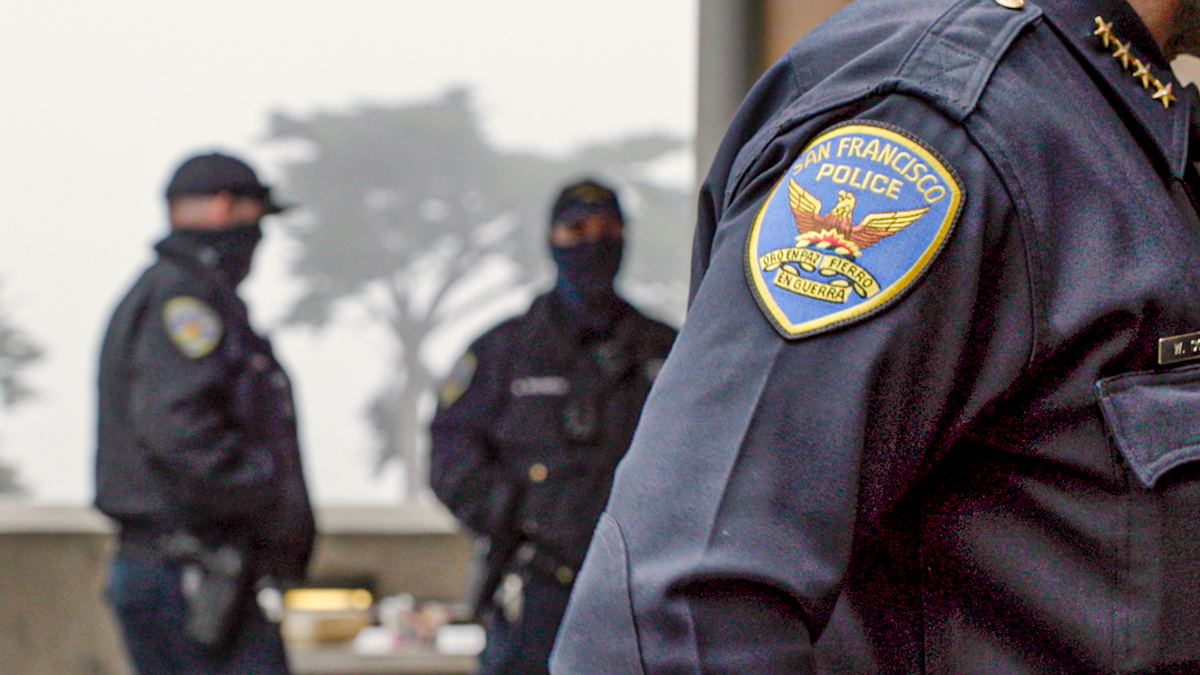The woman who San Francisco police linked to a crime using her DNA from an unrelated sexual assault investigation is preparing to sue the city over a practice her attorneys called “appalling, invasive and illegal.”
The woman, who The Standard is not identifying because she was a victim in the sexual assault case, filed a legal claim Thursday against the city and county of San Francisco that alleges police violated her constitutional rights.
“This is the first step towards filing a federal civil rights lawsuit for essentially violating this woman’s privacy and conducting what amounts to be an illegal search and seizure of her DNA, which is one of the most personal things we all have,” said Adante Pointer, an attorney for the woman.
The claim comes a month after District Attorney Chesa Boudin revealed that the San Francisco Police Department engaged in a DNA storage practice that advocates roundly condemned and Police Chief Bill Scott pledged to fix.
Scott and the head of the department’s Crime Lab, Mark Powell, explained the practice at a recent Police Commission meeting.
Since 2016, the Crime Lab has indefinitely stored DNA evidence from sexual assault and other survivors in a so-called “quality assurance” database. The lab ran unknown DNA samples collected from crime scenes through the database to protect against contamination.
But the lab also told investigators when those unknown samples matched DNA from the database, leading to the problem at hand.
Last December, the lab ran DNA collected from a recent burglary through the quality assurance database and detected a match to an oral swab from the woman’s 2016 sexual assault kit.
Police then used the match to obtain a warrant for her arrest in an unrelated burglary, according to the claim. She was arrested when police responded to a report of a domestic disturbance at her home in January.
In the claim, Pointer said police should have offered her support because she was a victim in the domestic incident. Instead, police arrested her on the outstanding warrant.
“Although the District Attorney’s Office later dropped all the charges, it does not change the fact that [the department’s] practice of maintaining a DNA database taken from crime victims and using it to test for any matches with crime scene DNA is appalling, invasive and illegal,” Pointer wrote.
Shortly after the news came to light, Chief Scott took steps to end the practice. The department issued a new policy preventing the Crime Lab from reporting matches to investigators. The department is also considering limiting the amount of time DNA evidence can be stored, Scott told the commission.
Jen Kwart, a spokesperson for the City Attorney’s Office, said that the city is “committed to supporting and protecting victims of crime.”
“We will assess the claim and respond appropriately,” said Kwart, whose office represents the Police Department in court.
The department is conducting an audit to determine whether any other DNA matches in the quality assurance database led to an arrest, but had not found any other cases like the one in question as of last Wednesday.
